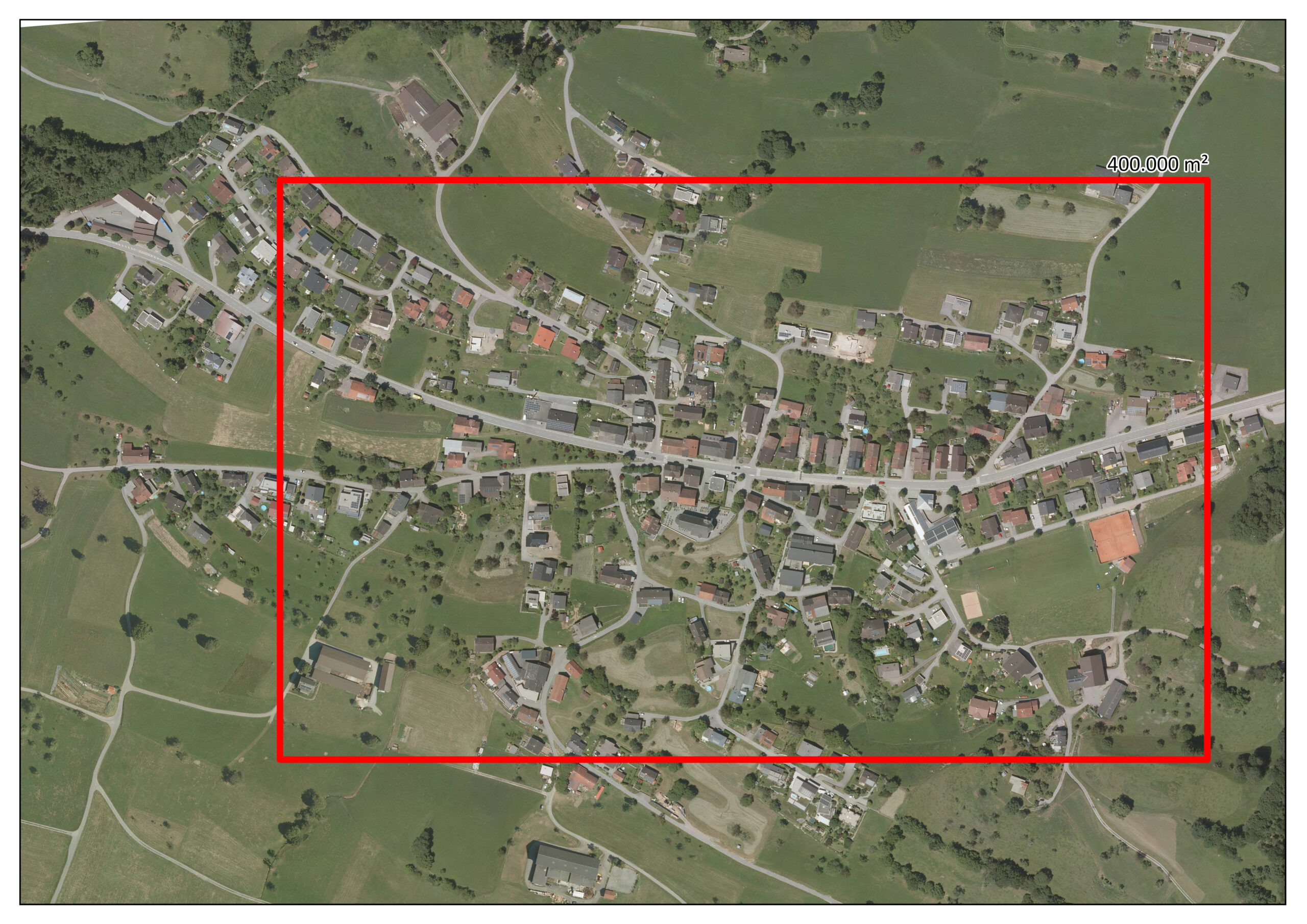The Municipality of Schnifis is founding member of the Austrian KLAR! Region “KLAR! Im Walgau” which represents 14 municipalities with a total number of inhabitants of approx. 38.500. The KLAR! Region Walgau is preparing for climate change adaptations.
The municipality of Schnifis is characterized by comprehensive municipality development and municipality planning that takes into account all aspects of climate change. A culture of innovation and citizen participation is lived in the municipality.
Schnifis is a pilot municipality in various topics such as energy community, digitalization, use of old buildings, etc. The municipality has already been awarded several prizes for its numerous innovations: Energy Globe Vorarlberg in 2021, Energy Globe Austria in 2021 for sustainable municipality development and the CESBA Neighborhood Award 2019.
In Schnifis there is a strong cooperation and climate of trust between private and public investors which increases the scope for sustainable development. As a public organization, the municipality strives to enable and ensure joint action by all social strata through awareness raising and ordinances.
The area is a mix of residential, commercial, mixed-use, etc. an has appr. 800 inhabitants. The area is covered 40 hectares / 0,4 km². The year of construction is 800 years ago. There are public regulations like an average land coverage 205 m² and an average hight 2,5 floors. Schnifis has the following buildings: 250 buildings (3 public buildings, 3 peasant homes, 2 business buildings, 200 single family houses, 47 tiny storage buildings). The Key Facilities and Amenities: are a central multi-use community playground, a kindergarden, a primary school, a church and a community centre. The Existing Infrastructure Conditions are water supply, waste water management, energy, roads, public service buildings all good conditions but moderately aged, fire brigade is new.
The main topics of the municipality of Schnifis in its sustainability development are farming, foresting, drinking water, cool spaces and general public awareness. Thereby, the planning takes place in consideration of an overall context of the different topics.
By awareness raising and ordinances the Municipality will together with property owners and companies push forward a sustainable municipality development adapted to climate change.For the implementation of the developments, partnerships with the “Klar! Im Walgau.” municipalities are intensified and the positive changes are promoted in the Walgau region and beyond.
Schnifis will establish a civil protection plan including the organisation structure including the fire brigade to deal with climate hazards and the adaption of the local circumstances. Further a climate adaption plan will be developed, with a focus on the peasants of Schnifis. Ongoing planning activities for dealing with heavy precipitation in the region will be integrated. Based on the tradition the municipality involves it inhabitants to develop and test the project activities.
Public Actions: Specific actions that public agencies or authorities will implement include infrastructure improvements, public awareness campaigns, and funding for resilience projects. Responsible departments or agencies include those preparing the SECAP and civil protection plans.
Private Actions: Private entities and individuals will undertake actions such as building retrofits, property-level flood defenses, and health services preparation. Stakeholders involved include the private sector, community groups, and local businesses. They will prepare for upcoming public actions like SECAP and civil protection plans, and coordinate with emergency responders such as fire brigades and farmers in case of emergencies, including the supply of machinery.
As the work is a bottom up approach guided by the municipality and the project consortium the pilot results are not available yet.
It is important to stay informed about upcoming events and needs related to climate adaptation, particularly through the civil protection plan by November 2025, which serves as the basis for the climate adaptation plan. To prevent or prepare for disasters, disaster management plans and climate adaptation strategies, including budgeting, should be developed. In the event of disasters, it is crucial to respond quickly and appropriately—both in the short term and long term. Additionally, efforts should be made to strengthen farmers and their machinery, ensure food supply, and support the fire brigade as the backbone of the local infrastructure.
For sure the project will improve the feeling of security dealing with climate change and unforeseen events in the municipality.
